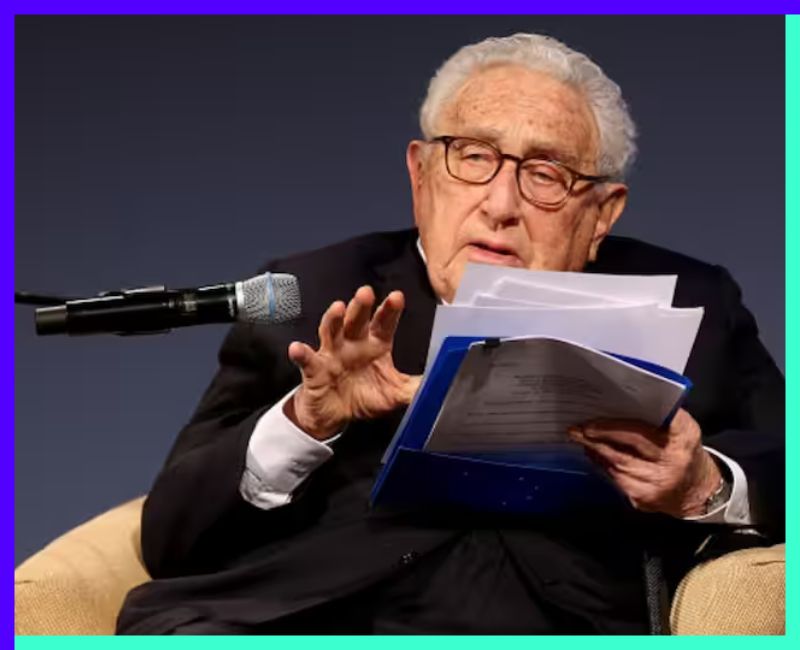Henry Kissinger, a seminal figure in American diplomacy whose career spanned several crucial phases of global politics, has passed away at the age of 100. A recipient of the Nobel Peace Prize, and a key advisor to Presidents, Kissinger’s legacy is one of profound influence and enduring controversy.
Early Life and Rise to Prominence
Born in Germany in 1923, Henry Kissinger immigrated to the United States in 1938 to escape the Nazi regime. He quickly adapted to his new home, excelling academically and eventually enrolling at Harvard University. Kissinger’s academic work, particularly in the fields of diplomacy and international relations, gained him considerable recognition.
A Controversial Figure in U.S. Foreign Policy
Kissinger’s entry into the political arena came during the Nixon administration, where he served as National Security Advisor and later as Secretary of State. His tenure was marked by a series of bold and often contentious foreign policy decisions.
Controversies and Criticism
However, Kissinger’s career was not without controversy. His involvement in U.S. policy in Southeast Asia, particularly the secret bombing of Cambodia during the Vietnam War, has been widely criticized. His role in events such as the 1973 Chilean coup and support for authoritarian regimes added to his polarizing reputation.
Key Achievements
Kissinger’s diplomatic achievements were significant. He played a crucial role in the détente policy with the Soviet Union and the opening of relations with the People’s Republic of China. His efforts in negotiating the Paris Peace Accords, which aimed to bring an end to the Vietnam War, were particularly notable and earned him the Nobel Peace Prize in 1973.
Polarizing Actions and Criticisms
However, Kissinger’s strategies and actions, especially in Vietnam, Cambodia, and Latin America, sparked considerable debate and criticism. His support for anti-communist regimes and involvement in covert operations were seen by many as a deviation from ethical foreign policy practices.
Legacy and Impact
Kissinger’s influence on international diplomacy and American foreign policy has been profound. His advocacy for realpolitik and a balance-of-power approach to international relations shaped much of the Cold War diplomacy and continues to be a subject of study and debate.
Conclusion
As the world reflects on the life and career of Henry Kissinger, it confronts the complexities of a man who was at once a strategic genius and a polarizing figure. His death at the age of 100 marks the end of an era in global politics and diplomacy. Kissinger leaves behind a legacy that is as debated as it is significant, a testament to the indelible impact he had on the world stage.
